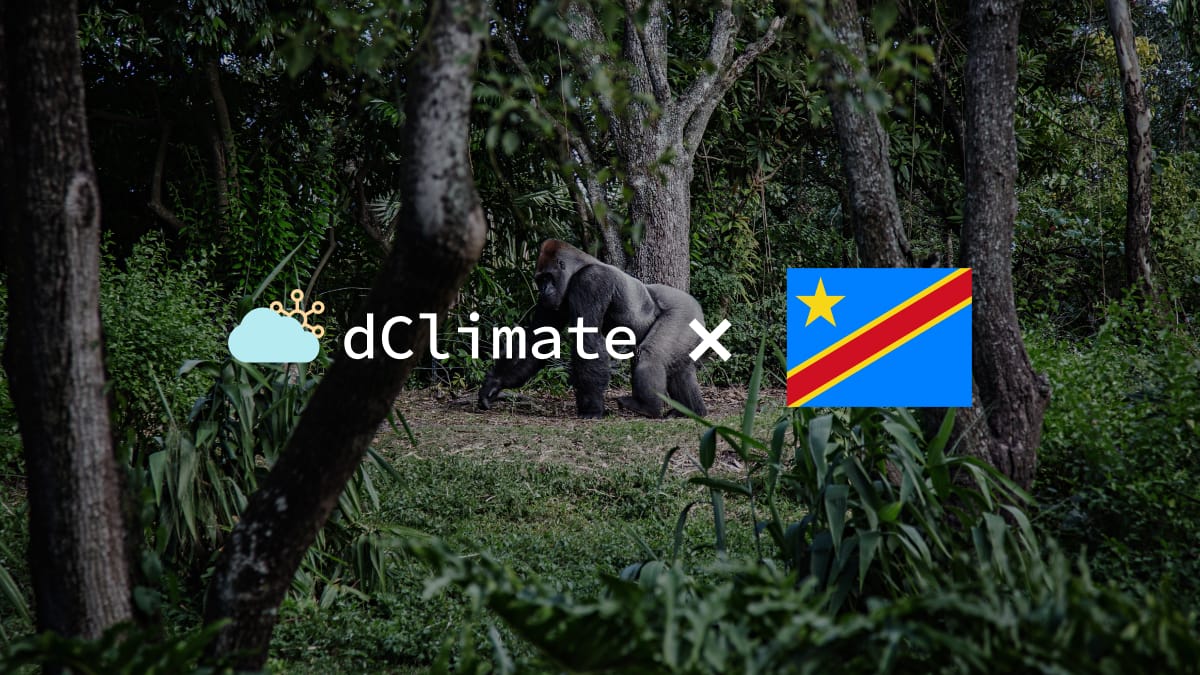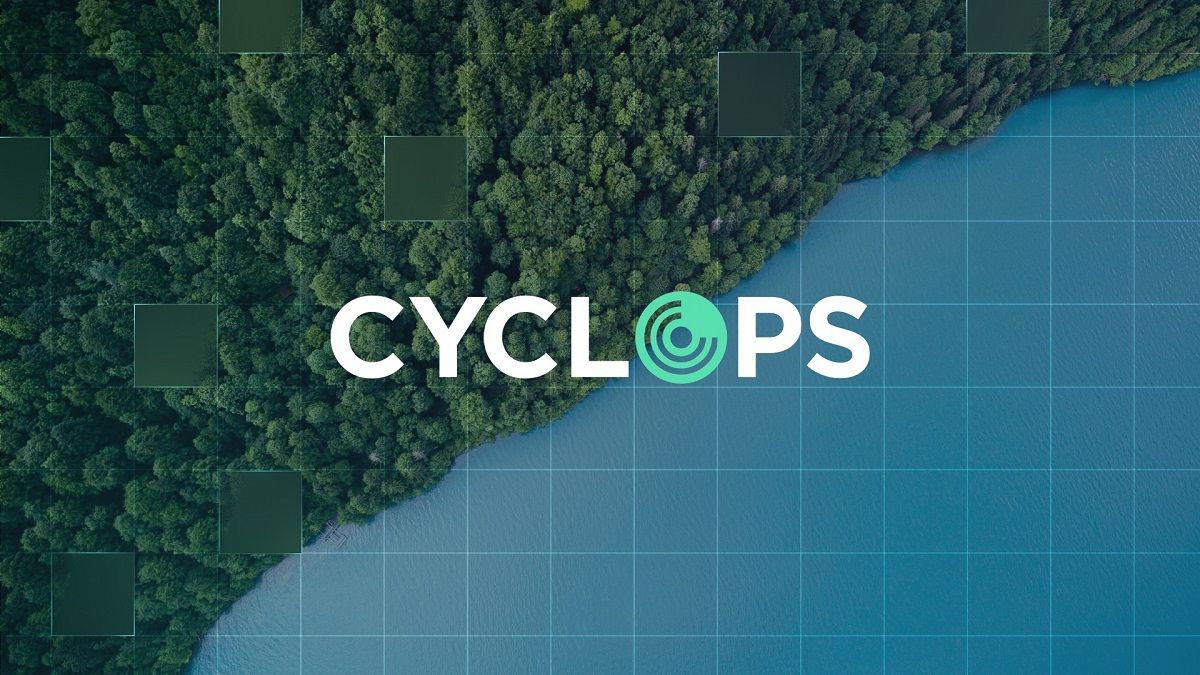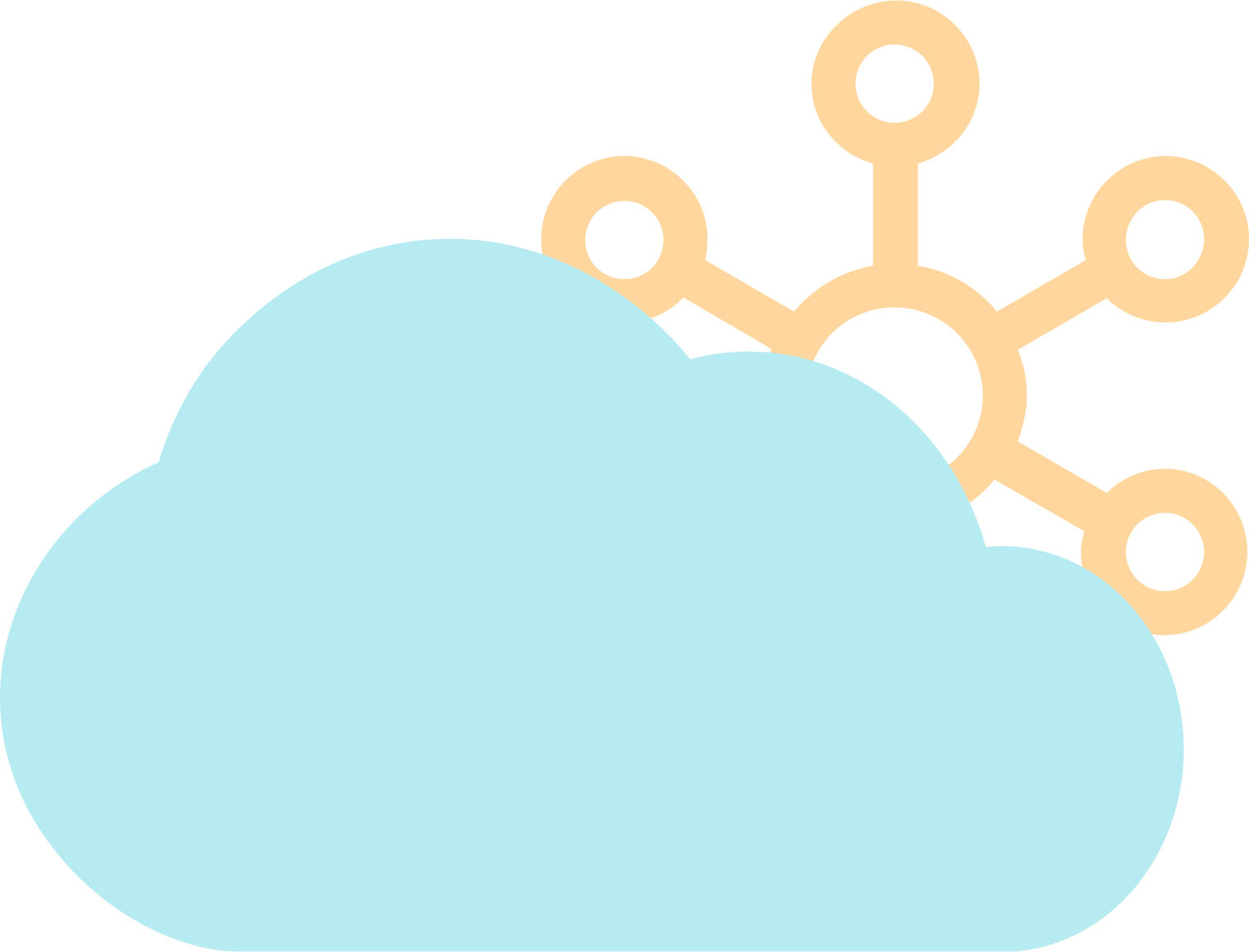Safeguarding the Lungs of Africa: The Critical Fight for the Congo Basin

By Sid Jha and Osho Jha
As the world grapples with the escalating climate crisis, the Congo Basin stands as a beacon of hope and a crucial battleground in our fight against climate change. This vast expanse of rainforest, often called the "lungs of Africa," is vital in regulating global climate patterns and preserving biodiversity. It's a natural treasure that provides invaluable ecosystem services, from carbon sequestration to habitat preservation. However, its existence is under threat, primarily due to deforestation and degradation. We need innovative solutions that align economic incentives with environmental conservation to turn the tide. This is where carbon markets, supported by robust data systems, come into play.
The Peatlands in the Congo Basin
The necessity to safeguard ecosystems like the Congo Basin transcends the mere conservation of their unique beauty and biodiversity. It encompasses a vital recognition of their function as significant carbon sinks, natural systems that play a pivotal role in balancing the global carbon cycle. The United Nations Environment Programme (UNEP) emphasizes the vital role of the Congo Basin's peatlands in this regard. The peatlands alone are estimated to contain billions of tonnes of carbon dioxide, making them an indispensable asset in the fight against global warming. This function is critical, considering the Basin is estimated to absorb around 1.5 billion tons of carbon dioxide each year, substantially mitigating climate change.
This vast ecosystem supports an incredible diversity of species and sustains millions of people who depend on its resources for their livelihoods and cultural heritage. However, the integrity of these ecosystems is increasingly threatened. Economic pressures, often driven by the need for land and resources, lead to deforestation and degradation, jeopardizing the ecological balance and the vital services these ecosystems provide.
If we don’t act now, the Congo Basin could disappear by 2100.
Alarming developments in other critical biomes further underscore the urgency to protect ecosystems like the Congo Basin. For instance, once a formidable carbon sink, the Amazon rainforest has tragically become a net carbon emitter due to years of unchecked logging and deforestation. This stark transformation highlights a distressing trend where vital ecosystems, once pillars in the fight against climate change, are compromised. It serves as a cautionary tale, emphasizing the critical need to act swiftly to preserve the Congo Basin to prevent it from suffering a similar fate as the Amazon, thereby ensuring it continues to play its crucial role in sequestering carbon and maintaining global climate balance.
Data-Driven Carbon Finance
International carbon markets represent a crucial tool in the global fight against climate change, offering a tangible way to reward natural environment stewardship financially. By assigning a monetary value to the carbon-capturing abilities of forests, these markets provide an economic incentive for countries and local communities to prioritize conservation and restoration efforts.
This approach helps safeguard the planet's crucial carbon sinks and ensures that local communities, often the custodians of these rich ecosystems, are justly compensated for their role in environmental protection. It's a shift towards recognizing and valuing standing forests for their ecological services rather than exploiting them for timber or clearing them for agricultural expansion.
However, the effectiveness of carbon markets hinges on the integrity and transparency of the system – ensuring that the carbon credits represent accurate, additional, and verifiable carbon reductions. This is where advanced data monitoring and natural capital assessment platforms, like CYCLOPS, become indispensable. They provide the necessary technological backbone to accurately monitor, report, and verify the carbon stocks and sequestration occurring in these ecosystems, thus building trust and confidence in the carbon credits generated. These systems ensure carbon markets function as intended, making them reliable for channeling funds toward meaningful climate action and empowering local communities.
dClimate's partnership with the Democratic Republic of Congo exemplifies how this mechanism can work.

Read the announcement of our partnership with the DRC.
By contributing to the development of the DRC's national carbon credit registry under the guidelines of the Paris Agreement, we're not just creating a system to trade carbon credits; we're building a model for responsible stewardship of our planet's resources. With CYCLOPS, we ensure that every commitment to protecting the Congo Basin is transparently monitored and verified. This technology provides high-resolution data on forest health, ensuring that the credits generated represent conserved or restored carbon sinks.
What we are developing is a scalable, data-driven model for carbon finance that focuses on forward-looking conservation rather than compensating past actions. Our aim is to establish a bottom-up approach for financing the preservation of natural capital, setting a fair and equitable value on the irreplaceable ecosystems Earth depends on.
Sid Jha and Joseph Malassi discussed the significance of this partnership during ReFi NYC.
Local Communities
Crucially, our partnership with the DRC honors the rights and sovereignty of local communities. We're not acquiring land; instead, we are facilitating the leasing of carbon sequestration rights. This approach prioritizes the welfare and empowerment of the true guardians of these lands. By directly channeling the benefits of carbon credits to these communities, we're aiding in the fight against climate change and supporting local socio-economic development. This model balances environmental preservation and community prosperity, setting a precedent for future conservation endeavors. The successful realization of this project, culminating in a final agreement, is deeply rooted in the thorough input and active involvement of local communities. They are the true stewards of the Congo Basin, and their intimate knowledge, needs, and perspectives are indispensable. Ensuring their voices are heard and their roles are recognized is not just a matter of respect, but a vital component in crafting sustainable and effective environmental strategies.
The fight against climate change requires us to think globally and act locally. By leveraging carbon markets and innovative technology like CYCLOPS, we can protect ecosystems like the Congo Basin for their inherent value and their critical role in sustaining life on Earth. As we move forward, we must continue developing and refining these mechanisms, ensuring they serve our planet and its people.

Learn more about CYCLOPS.
🌐 Check out our website, products, and blog
📰 Sign up for our bi-weekly newsletter
🥳 Join the community: Twitter | LinkedIn | Discord | Telegram | YouTube



